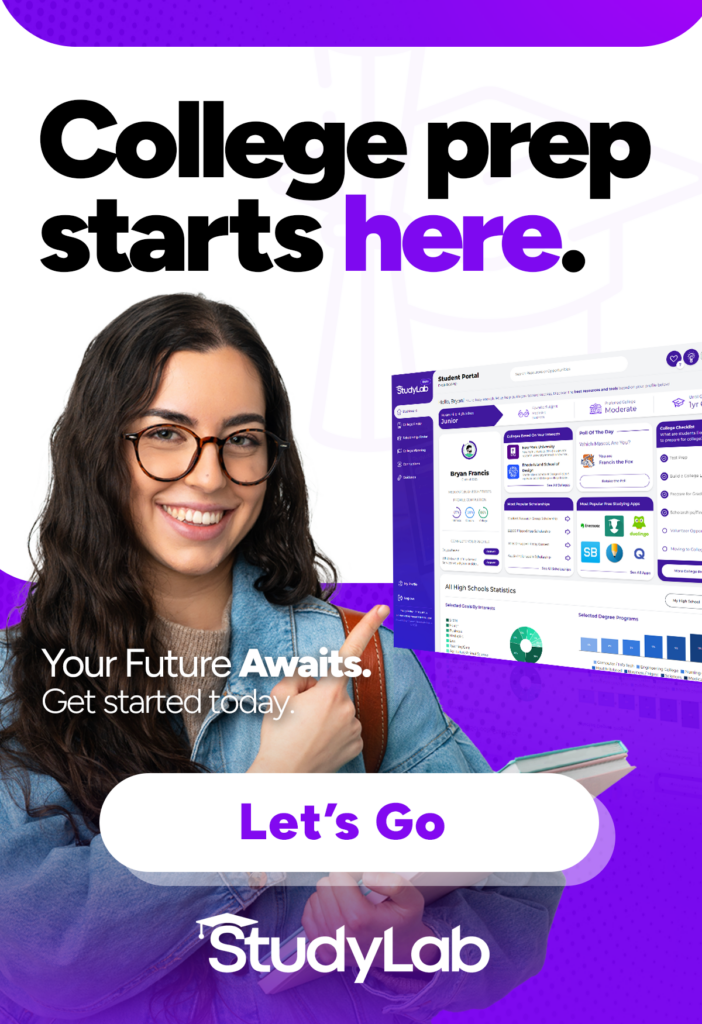It’s only natural for high school teachers to feel a special affection for former students, and to feel a sense of loss when they leave for college.
As educator Jill Eulberg writes on the Hey Teach blog:
“Spending as much time as we do together, our classes can bond like families, and students can start to feel like our own kids. But when it comes time for them to move on to the next grade, the next school, or the next step in their lives, it can be hard to know the best way to stay in touch with students.”
Ms. Eulberg raises an interesting issue. Should high school teachers stay in touch with students who have left for college? Or is doing so always off-limits?
Our editors spent some time looking online for solutions that real-world high school teachers have found to deal with this issue. Although our sample of their solutions is small, we think that they offer some excellent food for thought.
Solution One: Keep Your Door Open and Wait for Former Students to Visit
Several high school teachers write online that this is the approach they favor. One noted how delightful it was on homecoming weekend to look up and see several of her former students coming to visit her and tell her about their college experiences. This approach seems sound for many reasons. One is that it prevents any perceptions that a teacher has inappropriately tried to contact former students, or that some kind of favoritism is taking place. Another is that the format of a face-to-face visit is more limited than, say, establishing contact via email; once the visit is finished, communication can effectively be controlled until the next visit takes place.
Yet when commenting on Reddit about classroom visits from former students, one teacher noted, “Monthly is fine . . . weekly might be too much.” So the message is that as an educator, it is up to you to establish appropriate guidelines.
Solution Two: Keep in Touch on Social Media
A number of teachers write online that they are in touch with former students on Facebook and other social media sites. Yet a number of those same teachers say that they hesitate to proactively “friend” former students on Facebook, because doing so feels inappropriate. Some of the solutions that teachers propose to that issue include . . .
- They join Facebook groups where students belong and stay in touch in that way. If there is a Facebook group for your high school, for example, you could consider joining that and staying in touch with a larger group, not with individual former students.
- Connect only with parents of former students on social media sites, and only when they initiate the contact. “This seems like a healthy way to stay in touch,” one teacher writes, “because a parent suggested it.”
- Write only on public pages everyone can see and avoid sending messages to individual students. This seems like a wise approach because it allows communication to happen in a place everyone can see.
Solution Three: Maintain Contact at School Events and Functions
“Invite former students back as experts,” Ms. Eulberg suggests in her blog post. She even recommends doing this in younger grades, when students can return to their former classrooms to talk about their projects and activities in higher grades.
There are many opportunities to practice this approach with students who have left for college. You can invite former students to . . .
- Participate in college admissions forums and share what they learned during the applications process.
- Talk about their studies, majors and overall college experience to current high school students.
- Become summer counselors or teachers at summer workshops and seminars in your high school.
- Return to your school as assistant coaches for athletic teams.
- Mentor younger students with learning challenges or other issues.
Remember that former students can still play an active role in the life of your school. Their presence can help them develop their own knowledge and skills, as well as those of the students who have followed them at your institution. The result can be a true win-win equation for everyone involved.
To Learn More about How Students Plan for College
We invite all students to explore their college options by participating in our career and college studies. Students who complete the free career test for high school students will receive information on college and career opportunities which match their interests.

